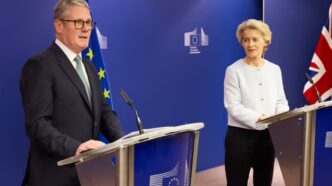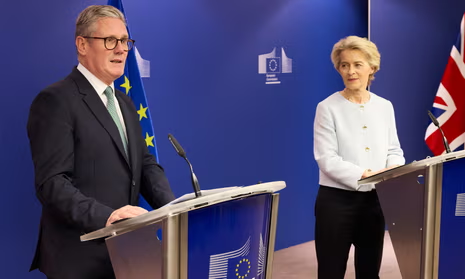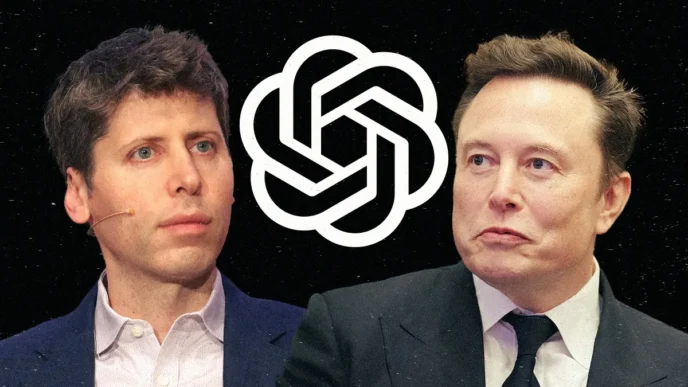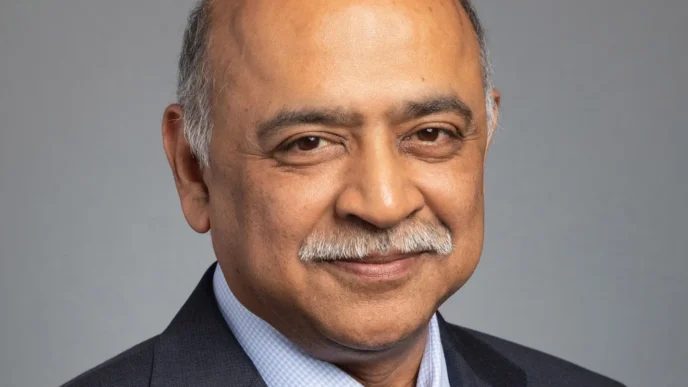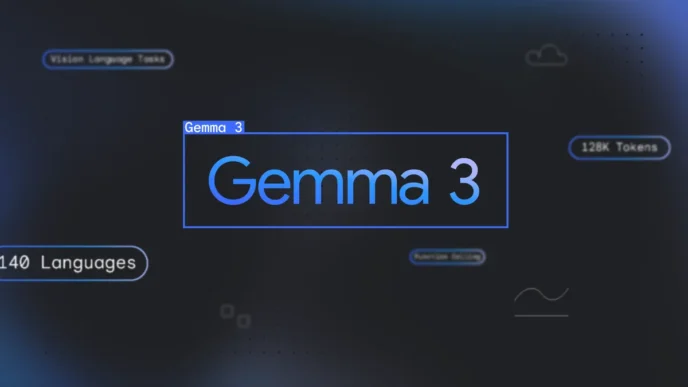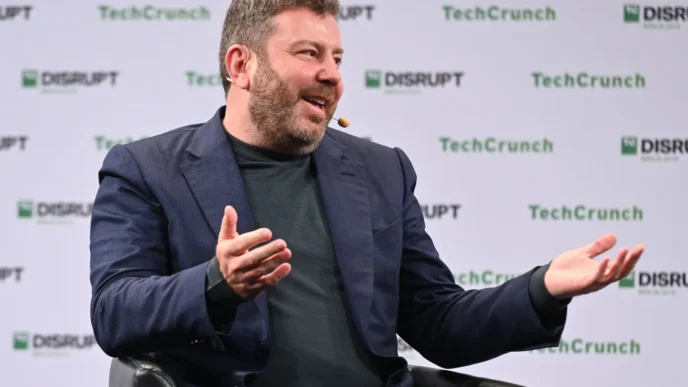A new chapter in UK-EU tech relations could be unfolding with the planned launch of the AI Factory Antenna, a strategic initiative linking UK researchers with Europe’s powerful supercomputing network. While it may appear to be a purely technical partnership, this move might signal something deeper: a quiet shift in the global AI landscape—and a quiet diplomatic win for Prime Minister Keir Starmer.
Starmer has faced internal pushback on issues like immigration and social policy, but behind the scenes, he’s been methodically rebuilding the UK’s global relationships. The AI collaboration with Europe is likely part of that bigger picture—one that could reshape Britain’s role in the post-Brexit tech world.
Rebuilding Bridges After Brexit’s Scientific Fallout
Brexit didn’t just redraw trade boundaries—it fractured decades of scientific collaboration between the UK and EU. British researchers lost access to major EU programs, and mobility for talent across borders took a hit. But the tide is turning. The UK has rejoined Horizon Europe, and early signals suggest interest in reviving student exchanges like ERASMUS or even reopening discussions around youth mobility.
While we’re not back to pre-Brexit partnerships yet, the tone has changed. Brussels appears more open to welcoming the UK back into its scientific fold. For Britain’s AI sector, which thrives on collaboration, this is essential.
AI’s Cross-Border Future Requires Unified Infrastructure
Artificial intelligence isn’t bound by borders. From training data to hardware infrastructure, and from regulation to ethical debates, the global nature of AI demands international cooperation. The tools to regulate AI—data protection, copyright law, even safety standards—are most effective when aligned across nations.
This is where the UK and EU bring complementary strengths. Brussels has taken a safety-first path, emphasizing accountability and risk in its AI Act. Britain, in contrast, has pushed an innovation-led model, prioritizing speed and market opportunity through its AI Opportunities Action Plan. These aren’t opposing philosophies—they’re two halves of a smarter whole.
Bringing these models closer could create a framework that both empowers AI innovation and protects society. And that’s what makes this AI Factory Antenna so promising.
A Strategic Counter to U.S. AI Dominance?
The United States still leads the AI race—but cracks are showing. Restrictive visa policies and uncertain political signals, especially under a possible Trump revival, are causing concern among global researchers. Stories of foreign students struggling to get into Harvard or worrying about visa renewals aren’t good for business—or research.
This could benefit the UK and Europe. Together, they offer stable immigration policies, world-class universities, and a growing AI ecosystem. A combined front could not only retain top talent but attract disillusioned minds from across the Atlantic.
The AI Factory Antenna offers more than access to European compute power. It signals a broader vision: one where the UK’s agile, innovation-first mindset is bolstered by Europe’s shared infrastructure and long-term regulatory clarity.
The Long Game: Turning Collaboration into Superpower Status
This announcement is just the beginning. The AI Factory Antenna will serve as the UK’s connection point to Europe’s HPC (high-performance computing) network, unlocking the compute scale needed to train cutting-edge models and run complex simulations. This technical leap could be pivotal for startups, universities, and enterprises alike.
But the true significance lies beyond the silicon. Strategically, this could position the UK—and Europe as a whole—as a credible third force in the AI world, beyond the binary narrative of U.S. vs. China.
According to Chris Williams from Clyde & Co, the partnership underlines Britain’s renewed appetite for European cooperation. He described it as part of a broader push to make the UK a central hub for global AI development.
It’s a message not just to the UK tech sector, but to the world: the UK is serious about playing a key role in shaping AI’s future.
A Signal of Soft Power—Backed by Real Compute Muscle
In an industry where scale often determines dominance, few nations can go it alone. The AI Factory Antenna is a pragmatic response to that reality. It reflects a deeper truth: the next era of AI will be shaped not just by who has the best model, but by who can build coalitions, set global standards, and combine innovation with responsibility.
By aligning closer with Europe, the UK is betting on long-term influence, not short-term headlines.
This may be Starmer’s most under-the-radar win yet. And in the years ahead, this seemingly technical announcement might be seen as the moment Europe stepped forward—not just as a participant in the AI race, but as a serious contender.
